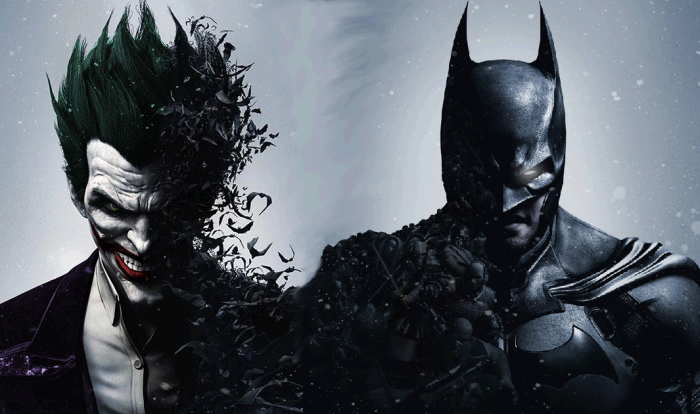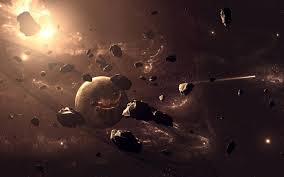Recently, I have been reading books that tackle the subject of absurdism and existentialism. The first piece of work to introduce me to the subject was Albert Camus’ The Stranger. I subsequently followed this up with his essays titled The Myth of Sisyphus. It would be foolish and vain of me to proclaim that I completely understand this school of thought, I do not, but nevertheless from the little I could grasp from its essence, I don’t think it is a school of thought I’d identify myself with.
Absurdism is the state of apparent paradox that humans live in. We strive to seek inner meaning and reason out of our lives in a world which is unjustifiable. So, how is it that we tackle this conflict? Do we commit suicide as our lives ultimately amount to nothing? Or is there a way? According to Camus, there is. He suggests that inner peace can be achieved by accepting the absurd world as is. Acceptance will lead to happiness. It will erase every kind of expectation and meaning we try to derive from our lives.
As I’d stated in a previous post on Buddhism (Camus philosophy aligns very closely to that stated in The Dhammapada), I believe that hope is an incredibly important element which is crucial to human survival. This is in direct conflict to Camus’ school of thought. Yes, it might be true that there is no meaning to our lives. We are infinitesimally small, insignificant beings in an extremely vast Universe. But it is futile to delve deep into our damned condition. Maybe, we ought to deceive ourselves. We ought to lie to ourselves, convince ourselves of a meaning. For satisfactory human existence, there must be hope. And I think the Universe can forgive us for forsaking Her truths in favor of possessing hope.
Franz Kafka’s stories also contain elements of absurdism (In fact, in the appendix of The Myth of Sisyphus, Camus analyzes absurdity in the works of Kafka. He concludes saying that although Kafka’s description of the absurd condition is near perfect, he fails as an absurd writer as he retains a glimmer of hope). The two works I’ve read of his, The Metamorphosis and The Trial are often cited as his best works. To be very honest, the books didn’t strike me as exceptional pieces of writing. Maybe what it tried to convey went over my head. In both his works, the protagonists are faced with bizarre, surreal predicaments. One gets turned into a giant insect, the other gets convicted for no reason at all. Both meet a grisly end. Through his works, I think he tries to draw a parallel between the blatant absurdity his characters face and the disguised one in which we live in. But like I said, I didn’t like the books very much. It’s highly unlikely I’ll return to him again.

My main criticism and problem with Camus’ philosophy is explored brilliantly by Alan Moore’s The Killing Joke, probably the best Batman comic of all time. It was purely by chance that I picked up this graphic novel and found it to be aligning with the subject of the books I was dealing myself with. In the novel, Joker tries to drive Gordon insane to prove a point: that one bad day is enough to drive a person to madness. He fails and this is where the comic’s primary message comes out. Both Bruce Wayne and Joker had a bad day in their lives. Both lost their dear ones and for a time, their lives lost meaning. They had pushed cruelly into the world of absurdism. One chose to carve meaning out of it and become a symbol of hope; the other succumbed and became the champion of anarchy and psychopathy. That’s probably the only difference between The Dark Knight and the Clown Prince of Crime: A belief in good. A hope for a better world.

































































